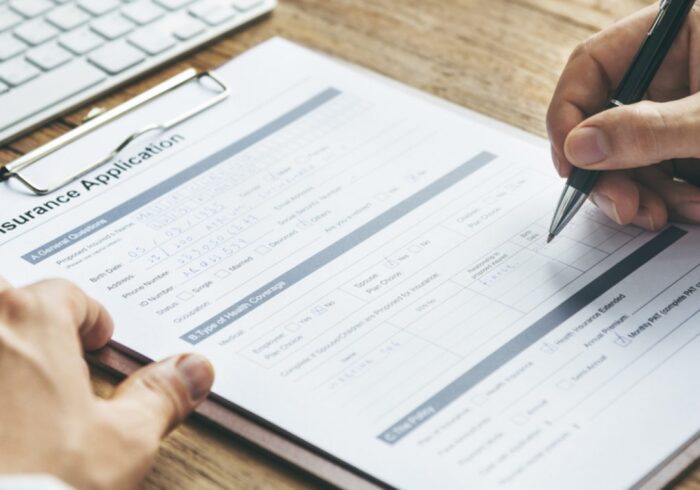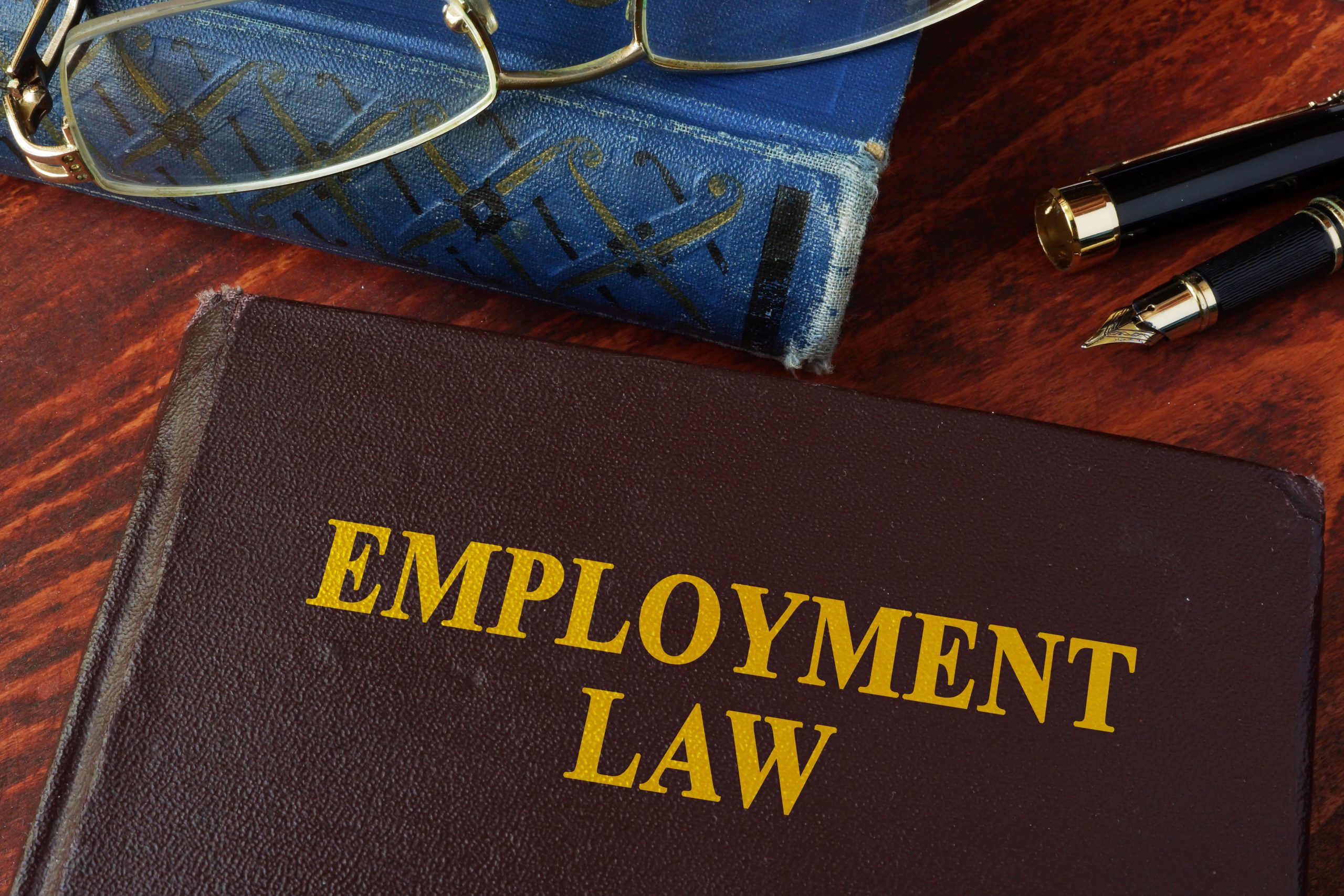There are many motorcycle riders living in Florida. Florida has more than half a billion registered motorbikes. This makes biking tourism a big draw. Any lawyer who is handling motorcycle accident cases must be familiar with the Florida motorcycle helmet law. The sad fact is that Florida has the highest number of motorcycle-related deaths in the U.S.
Do You Need A Helmet To Travel In Florida?
When there are cases of wrongful death or injury arising from motorcycle accidents, it is often asked if a helmet is required in Florida. Can the rider forgo helmets? Does the injury claim not affect if the helmet is removed? These questions are dependent on many factors, such as your age, the type of insurance you have, and if you have suffered severe injuries to your head, neck, or face.
Helmet law In Florida
Although Florida has a motorcycle helmet law, it is not universally implemented in the state like it was before 2000. It is mandatory for riders under 21 years old and those without insurance to receive a minimum of $10,000 in medical benefits in case of injuries sustained while riding or operating a motorcycle. If you are over 21 years old and have valid insurance, you do not need to wear a helmet. However, all bikers must wear protective eye gear.
You can still file personal injury claims in Florida even if you don’t choose to wear a helmet. In some cases, however, your choice may affect the amount you receive in compensation. In many cases, motorcycle accidents result in serious injuries for the rider and passenger. It is a smart idea to hire a Florida experienced attorney to represent you in your case.
Florida Motorcyclists Insurance Laws
Florida is a state that offers no-fault car insurance. However, the laws regarding motorcyclist insurance coverage are different. Motorcyclists are not subject to the same no-fault laws that apply to car accidents. Owners of motorcycles can register them without proof of insurance. Although operators have the option to buy insurance to cover their medical expenses, it is not enough to cover damages if there are motorcycle accidents. This means that the biker must seek compensation from those responsible. This rule may be broken if the motorcyclist has uninsured motorist coverage that can be used on other vehicles within the household.
Helmet Defense
The state of Florida uses a pure comparative fault system in motorcycle accidents to determine the legal responsibility. This means that you can pursue a legal claim regardless of whether you are partially to blame. This could mean that you may receive less compensation depending on how much of the accident was your fault. The defense might use what is commonly known as helmet defense to reduce the damage that was caused by the accident.
The helmet may not be a factor in some motorcycle accidents. If you have broken ribs or suffered leg muscle injuries, and you didn’t wear a helmet at that time, it is irrelevant to your legal claim. The defense could argue that your negligence was to blame if your head struck the pavement while you were riding a motorcycle. For a free consultation on motorcycle accidents in Tampa, FL, contact the experienced attorneys at Jenkins Law.
This post was written by Kelly-Ann Jenkins of Jenkins Law P.L. Kelly-Ann has the best personal injury attorneys. She focuses on personal injury, car accidents, and bicyclist injury. The information on this site is not intended to and does not offer legal advice, legal recommendations or legal representation on any matter. Hiring an attorney is an important decision, which should not be based on advertising. You need to consult an attorney for legal advice regarding your individual situation.
The information provided on this website does not, and is not intended to, constitute legal advice; instead, all information, content, and materials available on this site are for general informational purposes only. Information on this website may not constitute the most up-to-date legal or other information. This website contains links to other third-party websites. Such links are only for the convenience of the reader, user or browser; the ABA and its members do not recommend or endorse the contents of the third-party sites.







